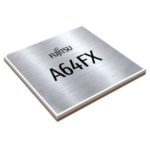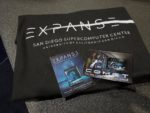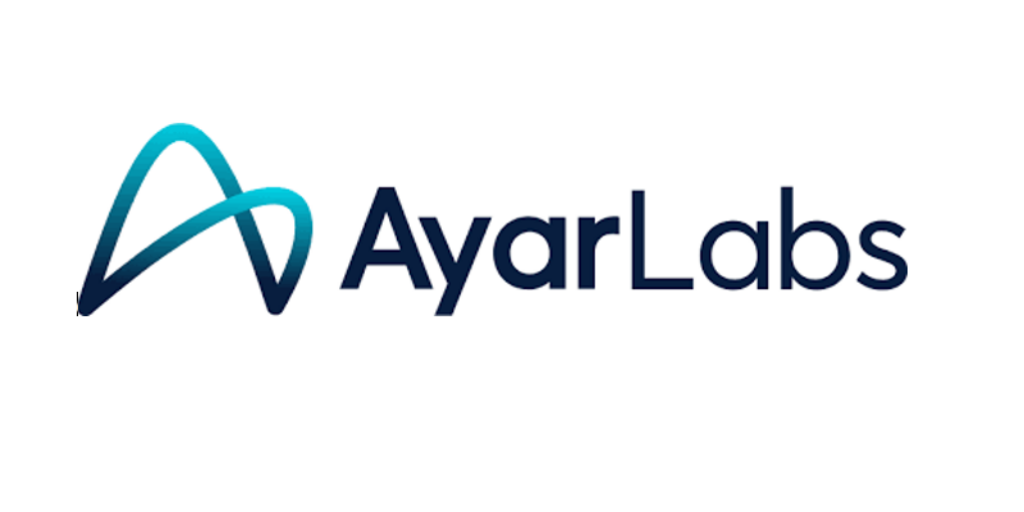This video from Coreteks provides an overview of the Fujitsu A64FX processor that will power the pending Fugaku supercomputer in Japan. “The A64FX is a many core CPU like AMD Epyc or Intel’s Xeons, but at the same time it behaves like a GPU in some workloads matching NVIDIA’s most powerful offering, Volta. Today we’ll look at how this chip operates, why it could challenge Intel, AMD, NVIDIA and cloud and hyperscalers and what it could mean for us PC enthusiasts.”
Full Roundup: SC19 Booth Tour Videos from insideHPC
Now that SC19 is behind us, it’s time to gather our booth tour videos in one place. Throughout the course of the show, insideHPC talked to dozens of HPC innovators showcasing the very latest in hardware, software, and cooling technologies.
Fujitsu A64FX Arm Processors come to Cray CS Supercomputers
In this video from SC19, Takeshi Horie from Fujitsu and Steve Scott from Cray describe how the powerful Arm-based A64fx Arm Processor will power the next generation of Cray CS Supercomputers. “We are delivering the development-to-deployment experience customers have come to expect from Cray, including exploratory development to the Cray Programming Environment (CPE) for Arm processors to optimize performance and scalability with additional support for Scalable Vector Extensions and high bandwidth memory.”
Intel’s Kent Moffat describes the exciting new launch of oneAPI
In this video, Kent Moffat, senior product manager from Intel, describes the oneAPI initiative, an ambitious shift from today’s single-architecture, single-vendor programming models to a unified, simplified programming model for application development across heterogeneous architectures, including CPUs, GPUs, FPGAs and other accelerators.
DDN Steps up with High Performance Storage at SC19
In this video from SC19, James Coomer from DDN describes the company’s latest storage solutions for high performance computing. “At the conference, DDN announced new infrastructure and multicloud solutions as well as new data management features in its EXAScaler “EXA5” file solution, which will be generally available over the next two calendar quarters. These solutions and features reinforce DDN’s position as the data platform of choice for performance at scale by further helping customers effectively deploy, manage and accelerate next generation AI and analytics workloads.”
Video: Intel and Lenovo Power Cannon Supercomputer and Project Everyscale
In this video from SC19, Scott Yokel from FASRC describes Cannon, Harvard University’s first liquid-Cooled supercomputer. Developed in cooperation with Intel and Lenovo, the new system’s advanced supercomputing infrastructure will enable discoveries into areas such earthquake forecasting, predicting the spread of disease, and star formation. “With the increased compute performance and faster processing of the Cannon cluster, our researchers now have the opportunity to try something in their data experiment, fail, and try again. Allowing failure to be an option makes our researchers more competitive.”
Dell Technologies taps AMD EPYC processors for Expanse Supercomputer at SDSC
Dell Technologies has been selected to power the next-generation supercomputer at the San Diego Supercomputer Center (SDSC), expected to deploy in mid-2020. “With the compute-dense PowerEdge C6525, including next-generation AMD EPYC processors NVIDIA GPUs, Expanse is projected to have a peak performance of up to five petaflops. This also nearly doubles the performance of SDSC’s current Comet system, allowing SDSC to support more researchers and projects.”
Intel and AWS Team for HPC Performance in the Cloud
In this video from SC19, Trish Damkroger from Intel and Ian Colle from AWS describe how the two companies collaborate to deliver the best possible application performance in the Cloud. “HPC on AWS, powered by Intel Xeon Scalable processors, offers the most elastic, scalable cloud infrastructure to run HPC applications, and the range of services makes it easier than ever to get started quickly, securely, and cost-effectively.”
AMD Delivers Best-in-Class HPC Performance at SC19
Today at SC19, AMD announced a set of new customer wins and new platforms supporting AMD EPYC processors and Radeon Instinct accelerators, as well as the release of ROCm 3.0 development environment. “HPC organizations are continuing to adopt the 2nd Gen AMD EPYC processor and Radeon Instinct accelerators for more powerful and efficient supercomputing systems. The 2nd Gen EPYC processors provide twice the manufacturing application performance and up to 60% faster Life Sciences simulations than competing solutions, while the Radeon Instinct GPU accelerator provides up to 6.6 peak theoretical TFLOPS Double Precision performance for HPC workloads.”













